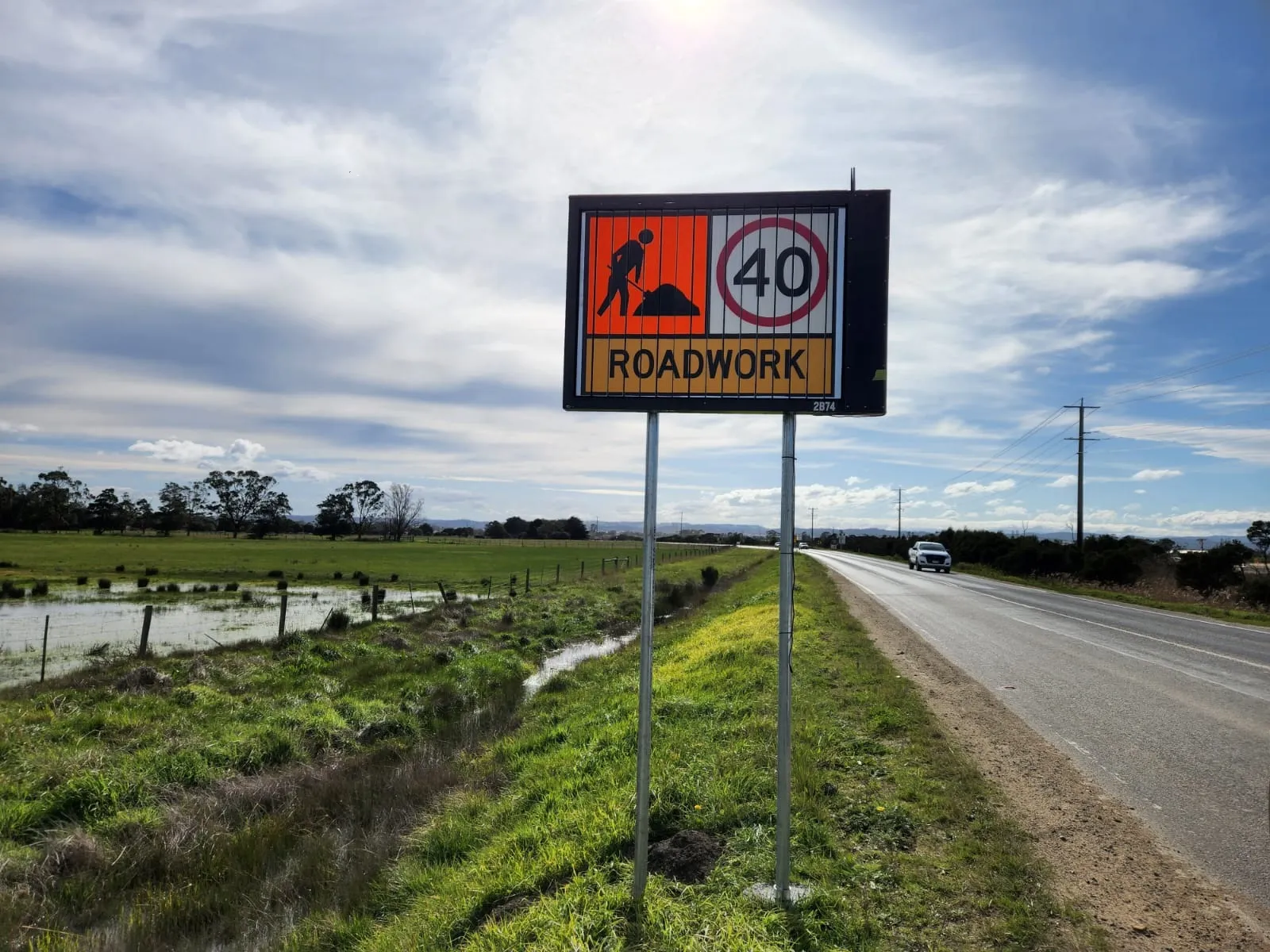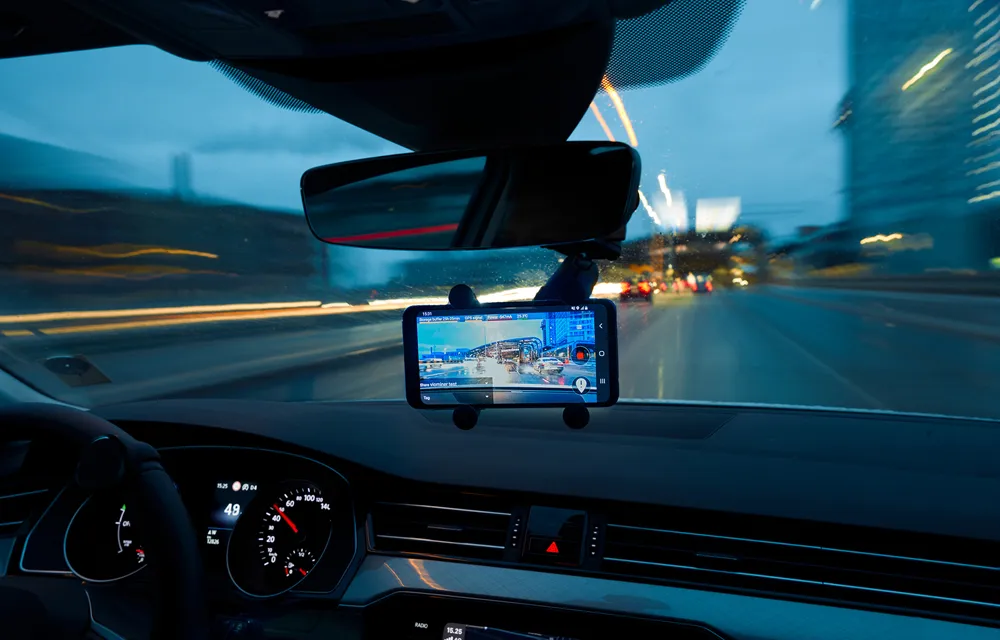Two high-tech projects championed by the Michigan Department of Transportation (MDOT) have been recognised by the Intelligent Transportation Society of America (ITS America) with ITS America's Best of Intelligent Transportation Systems (ITS) Awards.
MDOT earned an award in the Best New Innovative Practice-Partnership Deployment category for its automatic vehicle location (AVL) and maintenance decision support system (MDSS) project and was a finalist in another category, Best New Innovative Practice-Susta
September 18, 2014
Read time: 2 mins
Two high-tech projects championed by the 1688 Michigan Department of Transportation (MDOT) have been recognised by the Intelligent Transportation Society of America (560 ITS America) with ITS America's Best of Intelligent Transportation Systems (ITS) Awards.
MDOT earned an award in the Best New Innovative Practice-Partnership Deployment category for its automatic vehicle location (AVL) and maintenance decision support system (MDSS) project and was a finalist in another category, Best New Innovative Practice-Sustainability in Transportation, for its I-94 truck parking information and management system (TPIMS) project. In addition, the department won a Best Technical Paper award for a white paper it submitted on the TPIMS project. The recognition was bestowed upon MDOT at the6456 ITS World Congress held in Detroit Sept. 7-11.
"I'm thrilled that MDOT employees, long national leaders in innovation, are being recognized for finding efficiencies through leveraging technology," said State Transportation director Kirk T. Steudle. "I'm confident MDOT employees' passion for doing things safer, smarter, faster and cheaper will lead to even more breakthroughs in intelligent transportation."
AVL uses GPS (Global Positioning System) to enable MDOT to remotely track the location of its vehicle fleet through a web interface and allows MDOT to efficiently and effectively deploy snowploughs and track winter maintenance activities. MDSS is an automated decision-support tool for road maintenance supervisors. It is a multi-layered, information system that provides forecasts, predictions, reports on observed weather and road conditions, serves as a training tool, and serves as a management support system that MDOT uses year-round.
MDOT's TPIMS project was unveiled earlier this month to assess truck parking availability along the I-94 corridor in southwest Michigan and deliver real-time parking availability information to truck drivers. MDOT is using a number of high-tech methods to share parking availability information, including dynamic roadside truck parking signs, website and smartphone applications, and a fleet of pilot trucks equipped with on-board connected vehicle equipment.
MDOT earned an award in the Best New Innovative Practice-Partnership Deployment category for its automatic vehicle location (AVL) and maintenance decision support system (MDSS) project and was a finalist in another category, Best New Innovative Practice-Sustainability in Transportation, for its I-94 truck parking information and management system (TPIMS) project. In addition, the department won a Best Technical Paper award for a white paper it submitted on the TPIMS project. The recognition was bestowed upon MDOT at the
"I'm thrilled that MDOT employees, long national leaders in innovation, are being recognized for finding efficiencies through leveraging technology," said State Transportation director Kirk T. Steudle. "I'm confident MDOT employees' passion for doing things safer, smarter, faster and cheaper will lead to even more breakthroughs in intelligent transportation."
AVL uses GPS (Global Positioning System) to enable MDOT to remotely track the location of its vehicle fleet through a web interface and allows MDOT to efficiently and effectively deploy snowploughs and track winter maintenance activities. MDSS is an automated decision-support tool for road maintenance supervisors. It is a multi-layered, information system that provides forecasts, predictions, reports on observed weather and road conditions, serves as a training tool, and serves as a management support system that MDOT uses year-round.
MDOT's TPIMS project was unveiled earlier this month to assess truck parking availability along the I-94 corridor in southwest Michigan and deliver real-time parking availability information to truck drivers. MDOT is using a number of high-tech methods to share parking availability information, including dynamic roadside truck parking signs, website and smartphone applications, and a fleet of pilot trucks equipped with on-board connected vehicle equipment.









